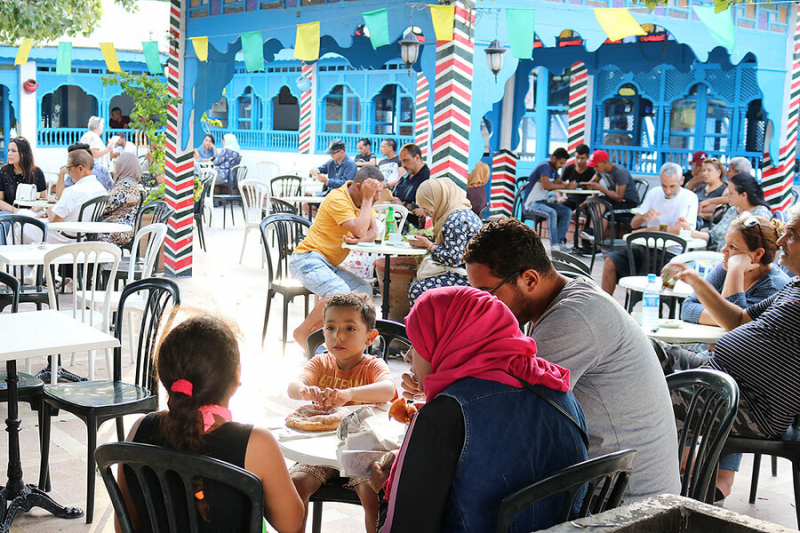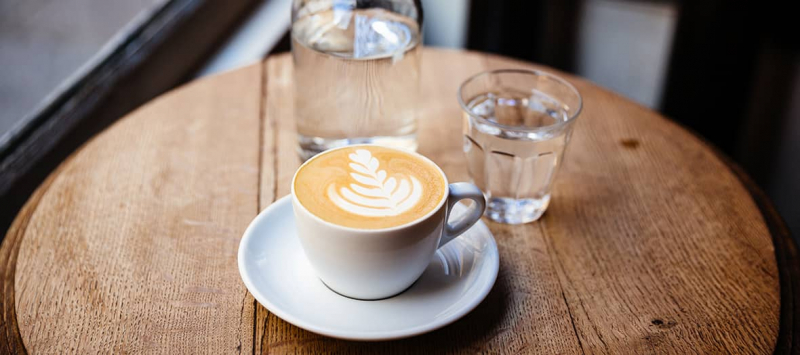There are two kinds of cafes in Tunis
There are some for males alone and those for both men and women. If you're a guy, an all-male maqhwa (café) may be a great spot to sit, smoke some sheesha, and make a half-dozen new pals. Tunisian ladies do not often patronize these establishments. The Théâtre de L'Étoile du Nord, which operates a theater and a coffee shop, is a better alternative and the favourite hangout for young Tunisian communists. Head to Ali's Cultural Cafe in the souq, where the rates are exorbitant (2.500 dinar – roughly $1.50 – for a mint tea), but the views are calm, or Foundouk El Attarine (found in the Souk des Parfumeurs) and Etoile de la Medina, both nestled in elegant secret courtyards.
The coffeehouse ritual also connects the spiritual and political. The faithful who do the fijr morning prayer frequently go out of the mosque and travel a few yards to a local cafe to speak with friends and neighbors and listen to news radio. This legacy aided the emergence of twentieth-century political action, serving as a springboard for Tunisia's nationalist struggle, which overcame the yoke of French rule.

















